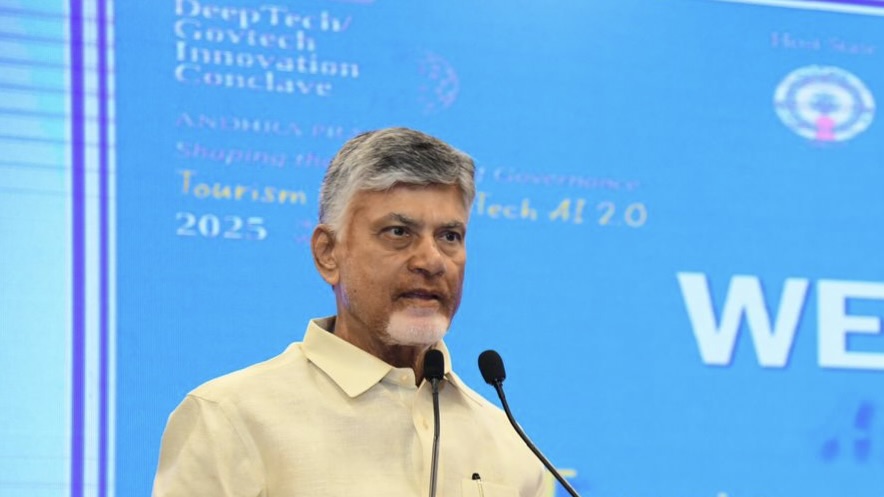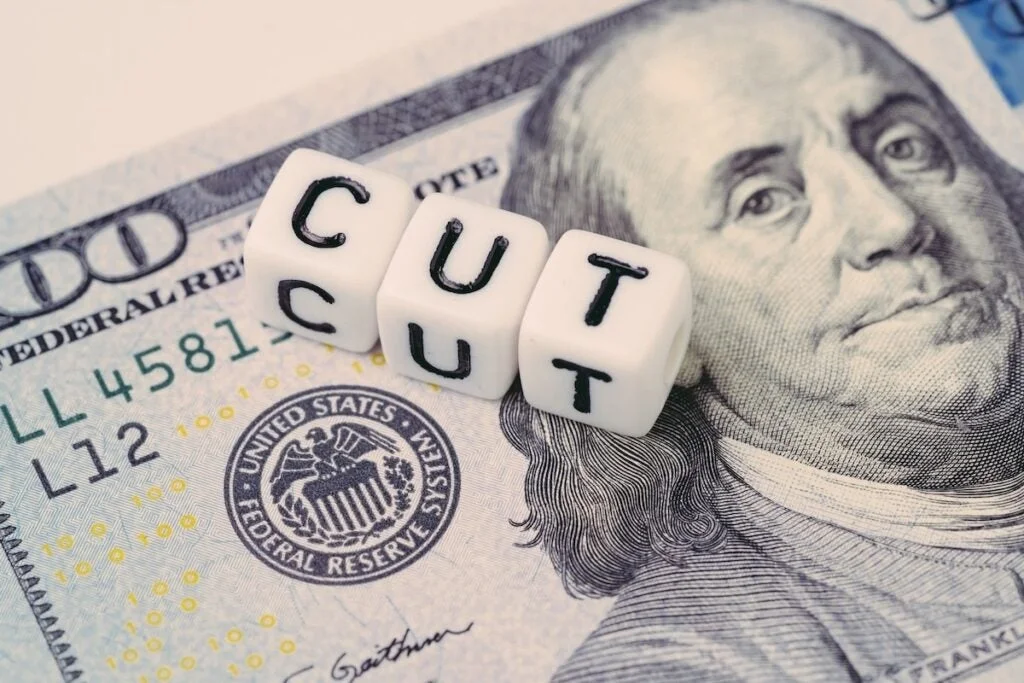By Forbes Research,Forbes Staff
Copyright forbes

Trying to keep up with sustainability news this year could leave you dizzy.
The United States has formally withdrawn from the Paris Agreement and pulled back from global climate finance tools, including the Just Energy Transition Partnership and the UN’s loss and damage fund for developing countries.
But California, with the fourth-largest economy in the world, has stepped into the breach with new laws like the Climate Corporate Data Accountability Act, which will soon require large companies to disclose climate emissions. And the European Union’s Corporate Sustainability Reporting Directive will force an estimated 50,000 firms to publish standardized disclosures, up from 11,000 today.
Despite the mixed signals from government, many C-suite leaders have stayed on the path toward more sustainable operations. According to the 2025 Forbes Research State of Sustainability Survey, which gathered responses from 1,100 executives between January and March, many remain optimistic about the progress of their sustainability programs and the role of some technologies in conserving natural resources and reducing carbon emissions.
Keep reading to discover the bright spots and where progress has slid.
Momentum Builds Around Technology And Impact
In this year’s survey, 63% of executives say their efforts positively impact the economy, up four percentage points from 2024. That increase indicates that slightly more corporate leaders today see sustainability as a source of growth rather than a net cost.
Executives also show increasing confidence in technologies that will impact business sustainability. Belief in nuclear power’s role climbed from 17% in 2024 to 23%. Support for water purification leapt from 57% to 72%. And enthusiasm for hydrogen power rose from 17% to 28% — a nearly 65% gain.
The optimism extends to digital transformation with 63% of leaders now agreeing that cloud-based storage and circular economy practices cut energy waste and optimize infrastructure, compared with only 39% last year.
Optimism Meets A Measurement Gap
The good news comes with caveats.
Fewer leaders say they have built a solid internal case for their sustainability programs this year, down six percentage points to 61%.
And only 40% of respondents say their organizations consistently measure and prove the ROI of their sustainability initiatives, a steep drop from 59% in 2024. The erosion highlights a central challenge: While confidence in technology and outcomes is rising, the frameworks to validate and communicate results don’t seem ready for prime time.
The survey suggests that optimism about sustainability initiatives is real. Companies that anchor their ambitions in verifiable returns can turn them into a durable advantage.
Writer: Michael Keller
Editor: Nick Clunn
Got a tip? Share confidential information with Forbes.
Editorial StandardsReprints & Permissions



